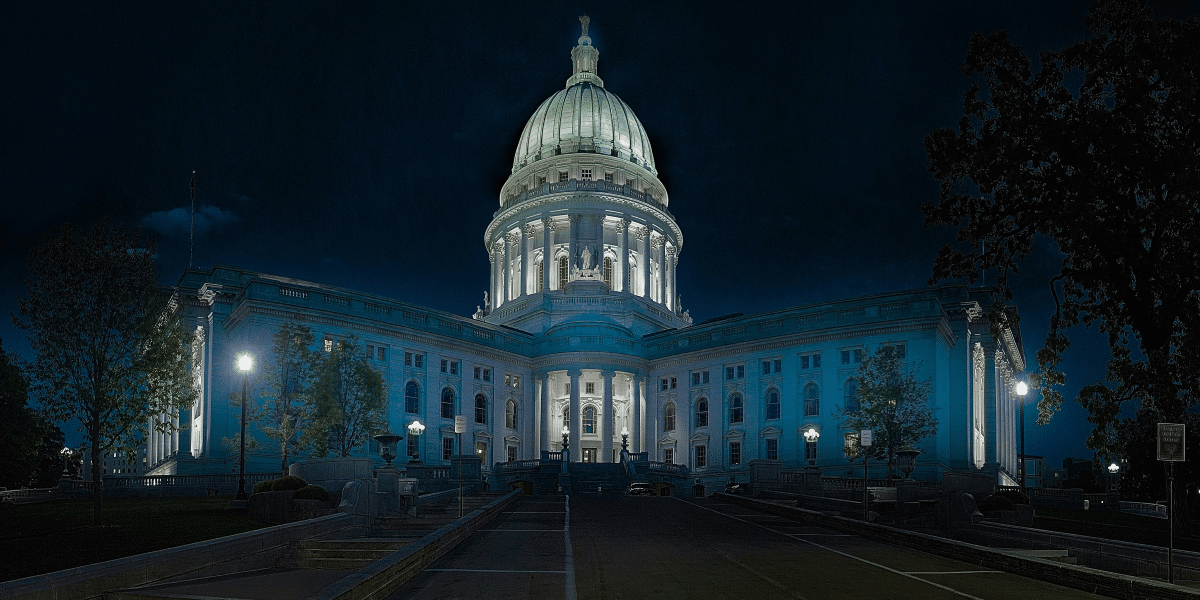In contrast to many Western democracies in which the high frequency of elections brought about by squabbling politicians – sacrificing the general good for their own narrow interests, while dampening the effect on voter enthusiasm and turnout – in Kazakhstan the recent elections were meaningful and even more so. With many post-Soviet countries transitioning to a more democratic model of government, the appetite among the Kazakh people for their voice to be heard is both unequivocal and encouraging. Last month’s Presidential elections reached almost 70 percent turnout, despite the extreme weather conditions (significantly below freezing).
A mandate for democratic reforms
Initially, due to take place in December 2024, the snap elections, which saw a landslide victory for incumbent President Kassym-Jomart Tokayev, was brought forward to give him a mandate for the raft of economic and political reforms he has sought to introduce to modernize the country and decentralize its systems. Perhaps most notable among these changes, President Tokayev has voluntarily reduced presidential powers, introduced a limit on presidential terms (including his own) to a single seven-year period in office, and banned any close relations of the president from holding any positions of power as civil servants or managers in the public sector.
Answering a question recently on whether he believed this would be sufficient, Tokayev reinforced his intention to adhere to this measure and said: “I believe that seven years will be enough because this is a long time in the life of any person. The most important thing is that there will be no monopoly on power in our country.”
Tokayev ran on a sweeping platform of democratic reforms that leaves no aspect of Kazakh political, social, cultural, and economic life untouched: decentralizing and distributing state powers, reinforcing the role of the parliament and local authorities (often at the expense of the previous “super-presidential” system), modernizing and diversifying the Kazakh economy, empowering civil society and especially the middle class, fighting against corruption, improving the country’s human rights record and more.
Based on the aforementioned high turnout and the overwhelming majority he was able to secure, with over 81 percent of the vote going in his favor, his path forward with the proposed reforms would appear smooth and unobstructed.
A kickstart to modernizing the economy
Perhaps no less important than the domestic political support, however, is that of the international business community, in light of President Tokayev’s stated determination to attract international investment and kickstart the modernization of Kazakhstan’s economy. Over two-thirds of European and American business leaders surveyed in a recent YouGov survey, conducted in the weeks before the election, said the reforms proposed by Kassym-Jomart Tokayev would be good for business in Kazakhstan and that the reforms have already made the country “a more attractive investment opportunity”. 77% also said they believed the reforms would positively impact democracy in the world’s 9th largest country. If this vote of confidence from the international business sector, is reflected in increased business opportunities and greater resiliency of economic development, it has the potential to leave no less of a lasting legacy for President Tokayev than his political reforms.
Closest approach toward the EU
The international political response to President Tokayev’s re-election has also provided a clear indication of the esteem in which the newly geopolitically resurgent Kazakhstan is held. Tokayev, who has made much of his extensive foreign policy credentials, has so far performed a successful balancing agenda between the competing global powers seeking influence in Central Asia. He is seen in the main Western capital cities, as a pivotal bridge between East and West, while maintaining a positive relationship with the U.S., EU, Russia, and China, and strengthening its strategic partnership with Turkiye simultaneously, in the face of their competing interests.
Tokayev received congratulations on his 20 November 2022 reelection from Ukrainian President, Volodymyr Zelensky, who thanked Tokayev for his country’s ongoing humanitarian support during the invasion, as well as from Russian President, Vladimir Putin, who noted the “convincing mandate of trust” Tokayev had received from his fellow citizens. Similarly, Washington, Brussels, and London highlighted their support for President Tokayev’s proposed reforms. Chinese President, Xi Jinping, said that Tokayev’s victory “fully reflects the trust and support of the people of Kazakhstan”.
These multi-lateral responses are reflecting President Tokayev’s overt realignment of Kazakhstan away from any sphere of political and economic influence, to a far more independent and balanced orientation. Nowhere has this been more evident than in Kazakhstan’s ongoing resistance to providing military and technological support for Russia in its ongoing invasion of Ukraine, despite the significant pressure from the Kremlin.
Tokayev has stood steadfastly in line with the broader international community in refusing to back Moscow’s military campaign and has stated unequivocally that his country would not assist Russia in circumventing sanctions. At the same time, he offered Kazakhstan’s services as a neutral third-party mediator in negotiations to end the war, reflecting its emerging status as a regional power broker able to communicate with all rival stakeholders.
“At such challenging times Kazakhstan keeps its strategic neutrality,” once explained the country’s foreign policy President Tokayev has added that “strategic neutrality is the foundation on which Kazakhstan will continue to build a pragmatic and progressive policy based on long-term interests of its people.”
This strategic neutrality is also notable in Astana’s recent attempts to identify an alternative route for supplying crude oil to the EU countries. The most prominent alternative is the “Middle Corridor”, or “Trans-Caspian international transport route”, touted by some as “Kazakhstan’s Silk Road,” which would be developed in cooperation with China and the EU.
Time to meet Kazakhstan’s gaze
With Kazakhstan’s democratic intentions clear, and the mandate to implement them now beyond question, it is incumbent upon the international community, and especially the Western powers, to lend their support. Not only is it in their ideological interest to facilitate the growth and expansion of democracy, but they would also gain a Central Asian pivotal partner with an outsized cultural, economic and political regional influence, as well as new business opportunities in a land of significantly unmet potential.
For the first time in many years, a more open, free, and internationally oriented Kazakhstan is looking beyond its own borders at the world – and at the West in particular. Now it is up to the West, and its leaders, to meet its gaze and extend a hand.










